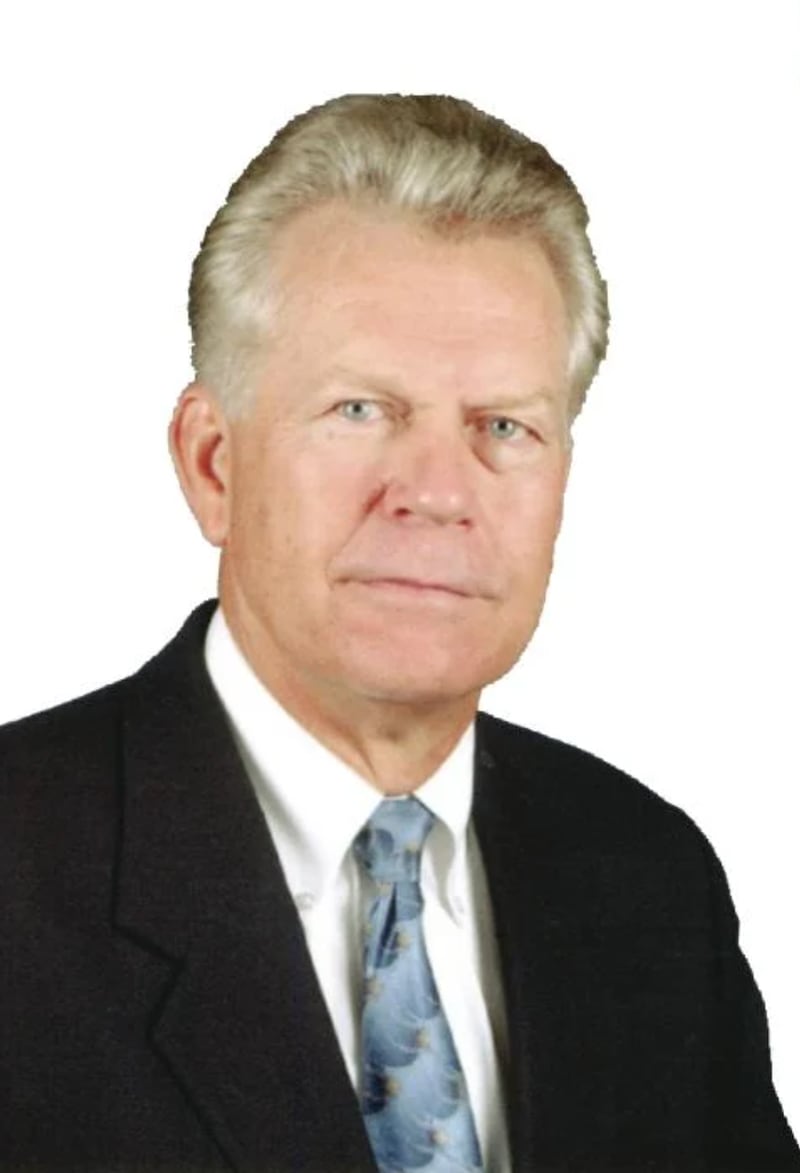We have been hearing and reading a lot about Hurricane Katrina that devastated New Orleans 20 years ago. We look at New Orleans today as a happening city with its music, sports teams and fabulous food. But it gave me a very different personal view when I saw that beautiful and enchanting city shortly after that horrific event.
I had spent a fair amount of time pre-Katrina in New Orleans. Whether I flew there or took the famed Illinois Central “City of New Orleans” train, I had learned to love the city, from the jazz to the food, from the trips by boat through the everglades to watching the Olympic Trials held there in 1988, or even just walking the streets. I loved that city just the way it was. But then, on Aug. 19, 2005, it all changed.
In September of that year, I was in desperate need of the deposition of an eye witness for a pedestrian-car crash along Route 49 in Iroquois County. The man had returned to Louisiana, as he worked the oil rigs out in the Gulf of Mexico. Since he was out on one of those platforms during the hurricane, I lost track of him for a while. But we found him, and he agreed to a deposition in his hometown of Lafayette, Louisiana.
Time was important, as the trial was coming up. I set the deposition for Sept. 15 and started to make travel plans to this city I knew so little of. It turned out the only way to travel was by air to New Orleans, rent a car and drive south to Lafayette. This was less than a month after the destruction of that city.
I booked a hotel in New Orleans, as I was curious to see how bad my favorite city really was. After the deposition, I returned for a three-day stay. I walked the streets in utter amazement of how badly so many areas had been blown apart or flooded with Mississippi River water after the old revered levee had collapsed. There was a boat tour of the 9th Ward, the area most heavily damaged. I was not going to help some profiteer, but I did find one who gave 80% of my ticket price to the rebuilding fund.
We cruised down the canal toward the 9th Ward. This was the home of many of the impoverished people of the city, as the housing was the cheapest in the area. However, with low prices came the problem that it was the lowest ground in the city.
As we passed house after house surrounded by water or totally abandoned, the boat driver asked us to look at one area. It appeared to be an open space like a park. He then informed us that it was the site of five houses that had just disappeared with the flood water. He pointed to one part of the open space and informed us that this used to be his mother’s house. Gone.
I later went by the famed Superdome. There were no sporting events going on, as it had become the refuge of the homeless. It was filled beyond capacity. Trucks kept pulling up with blankets, clothing and food as I watched. There were so many who had no homes to go back to.
That night, I went to an old favorite for dinner and had quite a talk with my waiter. It seems that he had arrived for his first year at Tulane University just before the storm hit. He brought with him his clothes, books and his brand-new/used car. On arrival, he saw fellow students rushing around as if they were moving out, not in. He inquired and was told “Hurricane!” Ah, party time with a hurricane watch.
He was quickly informed that they were all leaving New Orleans, as this was not just another storm. He asked where they were headed and was told that he could go with two of them rather than drive his own car. He chose to do so, packing a few essentials while leaving most of his stuff in his new room and leaving his car in the parking lot. He informed me that all his personal items survived, as he was on the second floor, but he never saw his car again. It was just gone with dozens of other cars parked in that lot. He never found it. I did give a reasonably large tip.
Later that fall, I read of a tour of musicians coming north on the City of New Orleans and playing to raise money for the New Orleans musicians who had lost their instruments. Arlo Guthrie was leading the group, and I attended at old Kankakee High auditorium. There are some great people in this world who helped those in such trouble, but President George W. Bush, who was in Texas, chose to merely fly over it on his way back to Washington, D.C.
On the last day, I had to go to The Square and have a coffee and bagel at the Café Du Monde. I had read that the mayor had responded to the lack of federal help by calling New Orleans a “chocolate city,” not worthy of federal aid. Mayor Ray Nagin was running for reelection, and as I sat at the table closest to the entrance, here he came. He immediately stopped at my table, and we exchanged a few words. But with my accent, he knew I wasn’t a voter and quickly moved on to the next table.
The most interesting quote I got during the stay happened as I was waiting to rent my car. The lady in front of me talked about the need to rebuild New Orleans. Her last statement was one I will never forget. She said: “You know, without New Orleans, Louisiana is Mississippi.”
Maybe she had a point. I am ready to go back there again.
